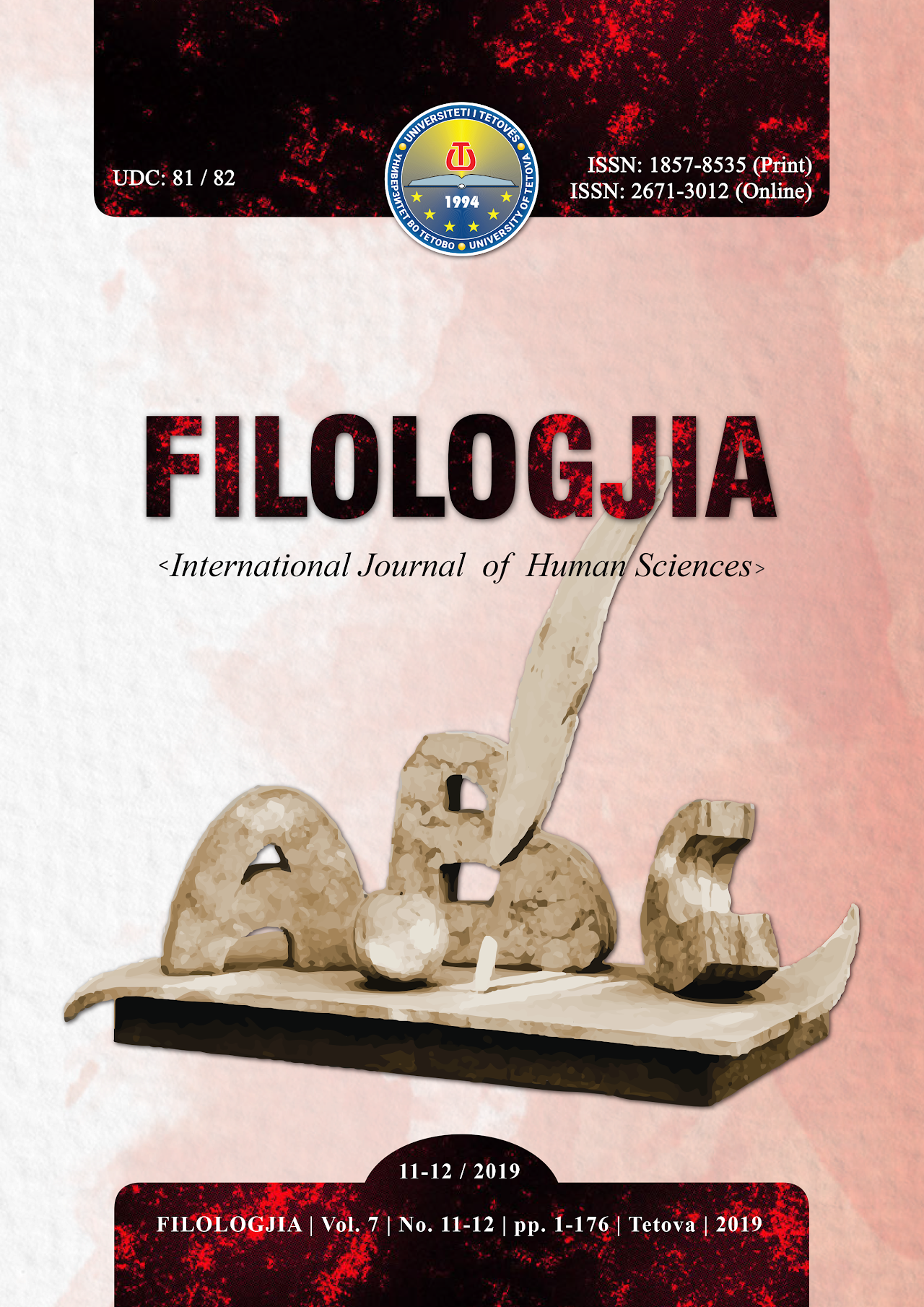MANDARIN-CHINESE, ALBANIAN AND ENGLISH VERBS, SEEN FROM THE PERSPECTIVE OF THE GRAMMATICAL TENSES
MANDARIN-CHINESE, ALBANIAN AND ENGLISH VERBS, SEEN FROM THE PERSPECTIVE OF THE GRAMMATICAL TENSES
Author(s): Florim AjdiniSubject(s): Language and Literature Studies
Published by: University of Tetova
Keywords: Verbs; case; tense; comparison; Albanian; English and Chinese.
Summary/Abstract: Different from English and Albanian, verbs in Chinese-mandarin, do not conjugate across pronouns who perform the action. They have no inflectional nature and features in none of the grammatical tenses which are in the focus of this paper. The Chinese verbs never go through case and person! This phenomenon, in a way makes life easier for the non-native learner of Chinese, not having to remember all verb particles in order to create the time effect, to express an action. It makes easier for the learners of this 'mega language', spoken by more than 1.400.000.000 people, to learn it easily. Given this, the word order in Chinese sentences is, very crucial.This order is the only alternative, to show the foreign learner, the effect of the relationship between the subject and the verb. Furthermore, the word order, changes compared to the one in Albanian and English, especially in cases when we have to deal with actions asking questions of interrogative character, with the se called magic word 'MA", which in a way remain the same as the affirmative or declarative ones. This paper, through a detailed comparative analysis. aims to put in focus the so called irregularities in Chinese Mandarin, or 'Putonghua (#), as to how tenses, are expressed in this language, using also the Romanized pin-yin letters.
Journal: FILOLOGJIA - International Journal of Human Sciences
- Issue Year: 7/2019
- Issue No: 11-12
- Page Range: 59-70
- Page Count: 12
- Language: Albanian

